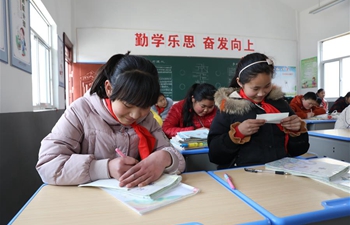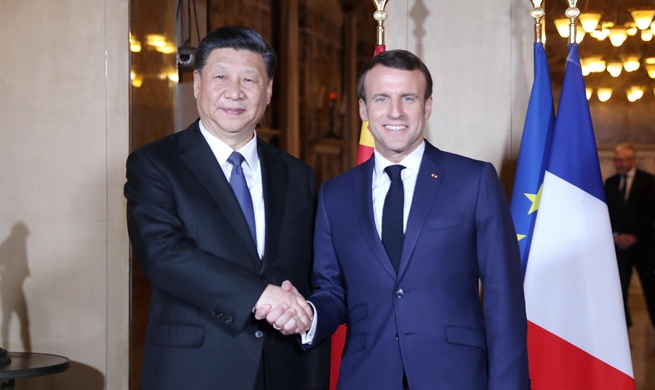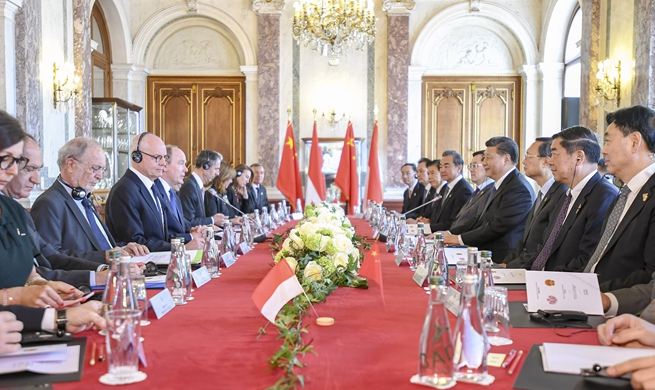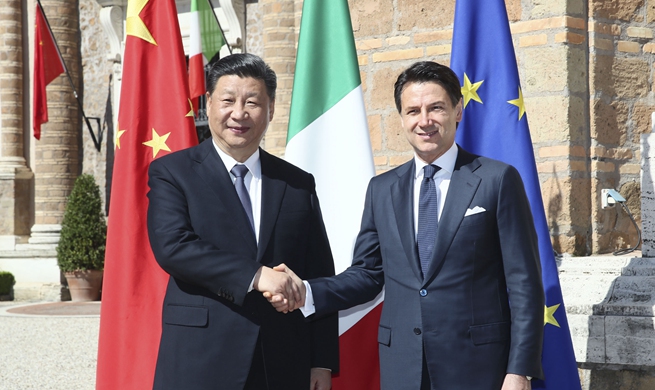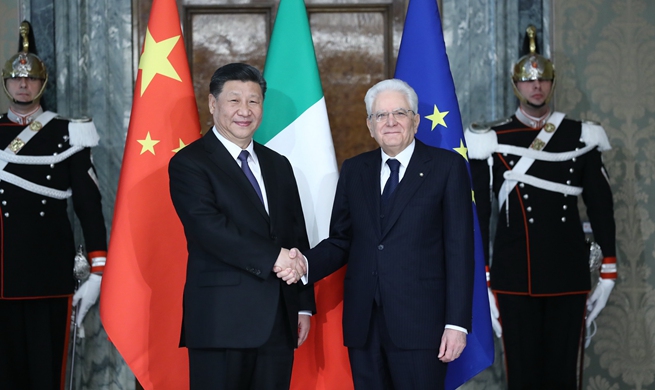GENEVA, March 25 (Xinhua) -- More people than ever have access to energy, but energy systems have become less affordable and are no more environmentally sustainable than they were five years ago, said a World Economic Forum (WEF) report published Monday.
While access to energy has substantially improved, with less than one billion people now living without access to electricity, concerns over affordability and equity of energy transition are increasing, the latest WEF Fostering Effective Energy Transition report found.
While China and India, the world's two most populous economies, score low in terms of system performance (ranking 97 and 86 respectively), they rank considerably higher when it comes to readiness (45 and 61 respectively), noted the report.
This suggests that while their current outdated energy systems are not ready for transition, an enabling environment is being built to support future transition, said the report.
In this respect, China ranks seventh in the world for regulation and political commitment.
Across 115 economies, more people than ever before now have access to energy.
However, the reduced affordability and almost no progress in making energy systems environmentally sustainable offset this access.
The report called for urgent action on the part of policy-makers and business to safeguard energy development for future generations.
Small economies achieved higher scores on readiness for transitioning to the future, with the UK the only G7 economy in the top 10 of this subset.
Except for Singapore, all the economies scoring on readiness are in Western Europe.
The major challenge facing any attempt to future-proof global energy is the lack of readiness in the world's largest economies.
For example, the 10 countries that score the highest in terms of readiness account for just 2.6 percent of global annual emissions.
"We need a future where energy is affordable, sustainable and accessible to all," said Roberto Bocca, head of Future of Energy and Materials at WEF.
He said substantial progress in bringing energy within reach of more and more people is not enough to mask broader failures, which already impact on the planet's climate and societies.
"Urgent action is needed now to accelerate transition that works for business, consumers and our environment," said Bocca.




